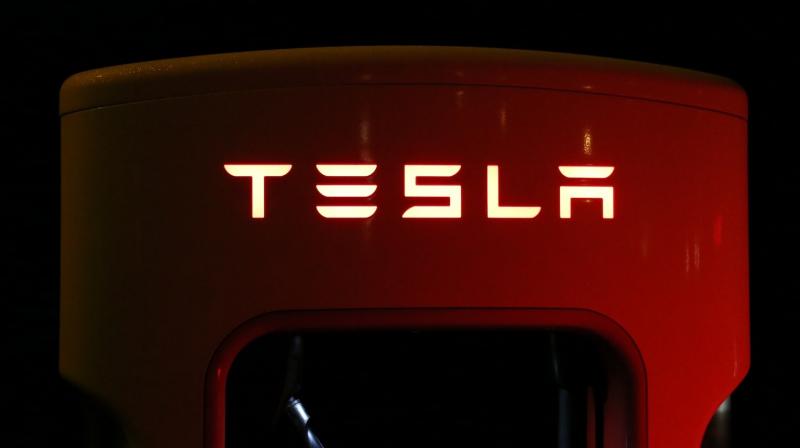A chaotic market for one sensor stalls self-driving cars
Pressure to launch self-driving cars is already pushing many players to place bets on the technology.

Automakers and technology companies racing to develop self-driving vehicles are running into a problem: cars that can think are no good without affordable and reliable technology that allows cars to see.
With the notable exception of Elon Musk’s Tesla Inc, most automakers have said their self-driving cars will rely on a detection system known as lidar. The state of the art sensors uses laser light pulses to render precise images of the environment around the car.
Pressure to launch self-driving cars is already pushing many players to place bets on the technology. General Motors Co, Ford Motor Co and BMW are expected to deploy sensors from well-funded lidar startups Velodyne and Innoviz on their initial self-driving cars over the next two years.
More than USD 1 billion in corporate and private investment has been plowed into some 50 lidar startups over the past three years, including a record USD 420 million in 2018, according to a Reuters analysis of publicly available investment data.
For a graphic, click tmsnrt.rs/2EAsKuC
Velodyne and Swedish supplier Veoneer Inc will provide lidar for Ford’s first automated vehicle in mid-2021, according to a source familiar with the project. Velodyne President Marta Hall describes the program as “a billion-dollar-plus deal” for the privately held lidar pioneer, whose USD 75,000 HDL-64E can be seen on the roofs of many self-driving prototypes in Silicon Valley.
But automakers and large suppliers have yet to settle on a winning technology, meaning there are no real sector standards for the sensors to date that would encourage mass production and lower the cost.
The initial payoff for investors and startups looks thin. Automotive lidar is expected to generate the only USD 2.5 billion in revenue by 2025, according to industry researcher IHS Markit.
“You can overcome certain things with additional capital, but you can’t overcome physics” in trying to rapidly develop, package and implement the latest lidar technology, said Austin Russell, chief executive and co-founder of lidar startup Luminar, which has funding from Volvo Cars and development deals with Toyota Motor Corp and Volkswagen AG’s Audi brand.
“That’s the fundamental barrier that’s holding the vast majority of the industry behind.”
Interviews with two dozen executives at startups, automakers, suppliers, investment and research firms underscored that there is plenty of chatter, but little consensus on lidar.
Toyota has partnered with several lidar startups, including Blackmore and Luminar, but the Japanese automaker continues to evaluate new sensing technologies and is not keen for a shakeout to start yet, said Ryan Eustice, senior vice president of automated driving at Toyota Research Institute.
“We want to see an ecosystem happen. There’s a diversity of technology that we’d like to gauge (and) different strengths and weaknesses in how you approach the technology. It’s also good to have competitive market pressure,” Eustice said.
Eventually, the lidar sector could be squeezed down to just five or six key players as happened with the far more mature radar sensor technology. But that is not likely to unfold until after 2025 and perhaps not until 2030, executives and researchers told Reuters.

